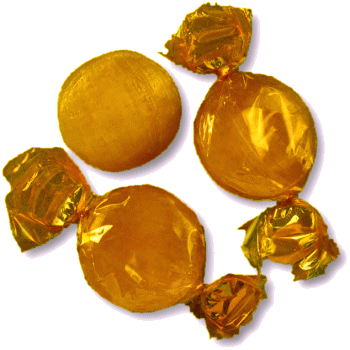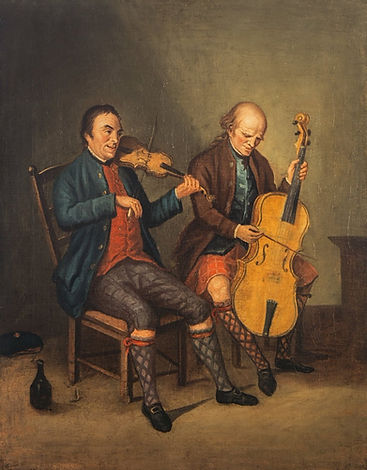




WELCOME TO AN ENTERTAINMENT SITE FOR SCOTTISH COUNTRY DANCERS!
Enjoy this curated selection of theme-related dances for celebrations and holidays, or find a dance associated with a special calendar day, or EVEN your own birthday!
Niel Gow, by Sir Henry Raeburn (1793).
May 17

World Whisky & Fiddle Day
Niel Gow's Farewell to Whisky
Other Scottish Country Dances for this Day
Today's Musings, History & Folklore
"🎶 You've surely heard o' famous Neil,
The man that play'd the fiddle weel;
I wat he was a canty chiel,
And dearly lo'ed the whiskey, O!
And, aye sin he wore the tartan trews,
He dearly lo'ed the Athole brose;
And wae was he, you may suppose,
To play fareweel to whiskey, O."
~ Farewell to Whiskey, 1804
Grab yourself a dram while the fiddler rosins up his bow! It's time for your favourite whisky this Whisky Weekend while you can still get it! Scotland's most famous drink is acknowledged in many dances, with tribute dances for many brands and distilleries! According to the traditional Tune Archive: "The original tune for which the [namesake] dance is named was composed by Scottish fiddler-composer Niel Gow (1727-1807) who identified it as a lament on the occasion of the British government's prohibition of using barley to make whiskey in 1799, due to the failure of the crop in Scotland in that year! This tune first appeared in his First Collection, 2nd edition (1801), and reappears in his Fifth Collection (1809), with the note "It is representative of a Highlander's sorrow on being deprived of his Favorite Beverage." This raucous reel will chase those whisky blues away! Got a favourite whisky? 🤎 🥃 🎻
Niel Gow's Farewell to Whisky
World Fiddle Day takes place on the third Saturday of May, the same day as World Whisky Day!
Give the fiddler a dram!
World Fiddle Day was founded by Donegal fiddler Caoimhin Mac Aoidh and the original May date chosen to coincide with the 1737 death of Italian violin craftsman Antonio Stradivari.
For most people, the difference between a fiddle and a violin depends on the music played.
Scottish fiddling is distinguished from other folk fiddling styles by its particular precision of execution and energy in the delivery, such as the rendering of the dotted-quaver/semi-quaver rhythmic patterns, commonly used in the Strathspey. Techniques of "hack bowing", "the Scottish Snap", and "snap bowing" contrast with the most common bowing patterns of Irish fiddling. The Scottish style has a very large repertoire and variation of rhythms and key signatures (along with a strong link to the playing of traditional Scottish bagpipes).
Niel Gow (1727–1807) was the most famous Scottish fiddler of the eighteenth century.
According to John Glen (1895), Niel Gow composed, or is credited with composing eighty-seven dance tunes, "some of which are excellent." These tunes form the mainstay of Scottish country dance music even today.
An annual Niel Gow Fiddle Festival takes place annual in Dunkeld and Birnam, Perthshire, Scotland to celebrate his life and music.
For more on the history of Scottish fiddle music, click below the painting of Niel Gow, Violinist and Composer, with his Brother Donald Gow, Cellist, David Allan (1780)
Click the dance cribs or description below to link to a printable version of the dance!









